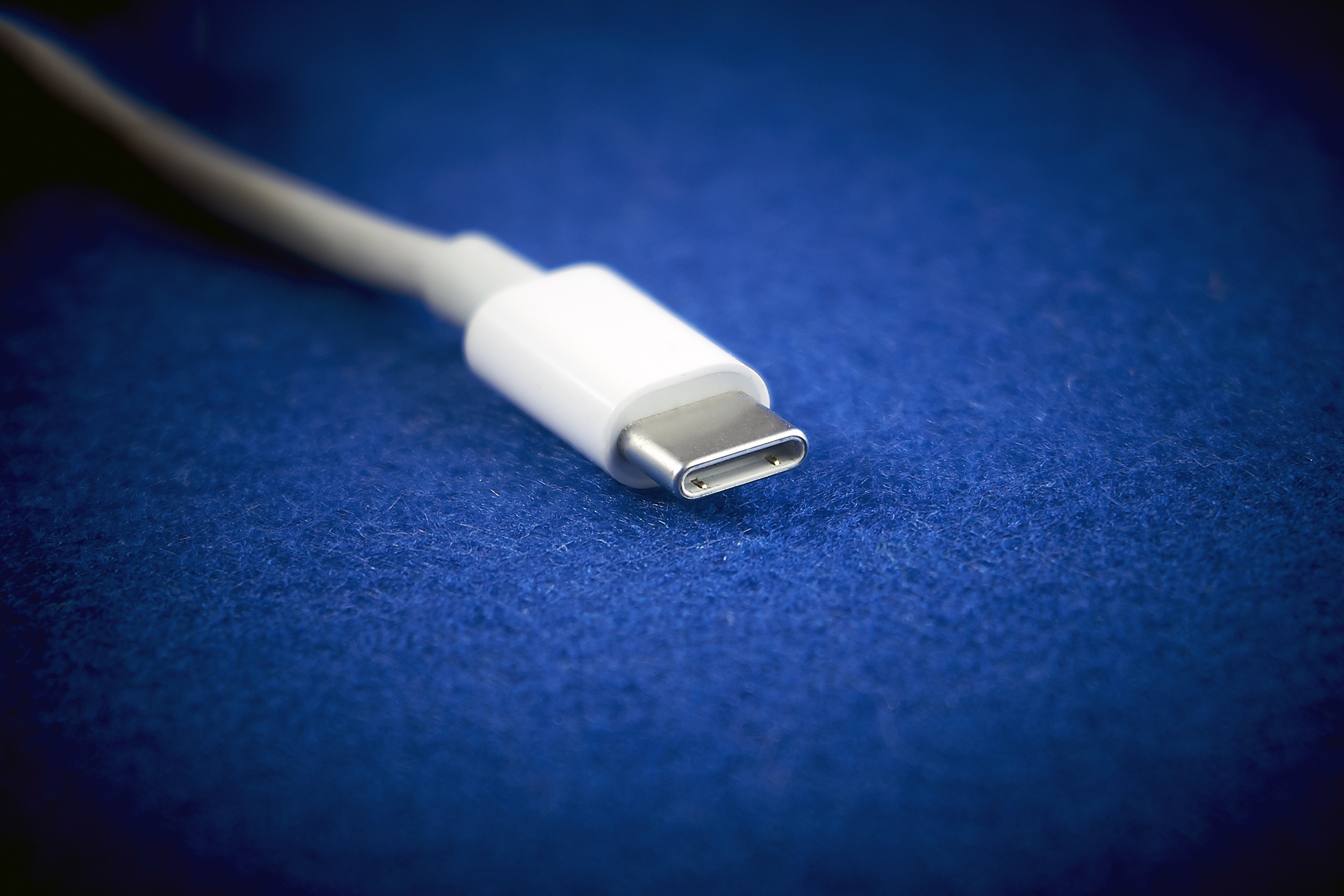The European Union is moving forward with legislation requiring USB-C charging on a variety of consumer electronics. Today, the EU Parliament formally approved the agreement that it and the EU Council agreed upon in September. The EU Council has to formally approve the agreement next, and it will then be published in the EU's Official Journal.
The Parliament's announcement confirmed a timeline and additional affected device categories. The legislation requires a USB-C port on all phones, tablets, digital cameras, headphones, headsets, earbuds, portable speakers, handheld video game consoles, e-readers, keyboards, mice, and navigation systems that are sold in the EU, use wired charging, and support power delivery of up to 100 W "by the end of 2024," the Parliament said.
Laptops will have to have USB-C charging "from spring 2026," the announcement said.
The legislation also requires all fast-charging devices to use the same charging speed. This rule will be enforced with "dedicated labels" describing charging capabilities.
After the rule is published, EU member states will have one year to transpose the rules, followed by another year to adhere. The law only applies to products released after this time period.
Parliament said the vote passed with 602 votes in favor, 13 against, and eight abstentions.
Wireless charging regulations could follow
When the EU announced plans to require USB-C charging in September 2021, some critics, including Apple, said such a regulation could hinder innovation. The European Commission has said that it would work with vendors to adapt its regulation to new technologies, should it deem the technology worthy. The EU's universal charging mandate could one day require a different type of charging than USB-C, for example.


